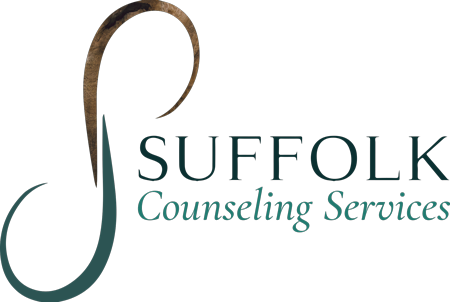While more people may be familiar with the midlife crisis, quarter-life crises are equally prevalent, affecting those between the ages of 18 all the way up to the mid-thirties. This tends to be the period of your life during which you are faced with making important life decisions while coming to terms with what it means to be an adult. And in recent years, what it means to be an adult and the transitional period between adolescence and adulthood have drastically changed.
Counseling for the Quarter-Life Crisis
Some Common Struggles of a Quarter-Life Crisis
Although everybody goes through his or her own unique struggles, there are several common themes or experiences that cause many of the negative emotions felt during a quarter-life crisis.

Relationships
We all know that relationships are hard, but they can be even more stress-inducing during this time of your life. Should I be married by now? Is my partner really the one? Why can’t I meet anybody I genuinely like? These are just some of the questions which commonly arise during a quarter-life crisis. And there are no right or wrong answers. At Suffolk Counseling Services, we will work with you to help you gain a deeper understanding of yourself and what it is that you want in a relationship. Our therapists never force decisions upon you or tell you what you should or should not do. We provide you with a judgement-free space to comfortably talk about your personal experiences, giving you the power and confidence to make choices that help you attain emotional wellness.
Career Choices
At this time of your life, you may be starting a career, considering a new career, or facing the uncertainty and confusion brought on by career decisions in general. At Suffolk Counseling Services, we promote occupational health by helping you attain meaningful insight pertaining to your personal strengths and weaknesses, enabling you to overcome your fears and make progress toward achieving your career goals.
Overcoming the Comparing Mind
We often find ourselves comparing our current life situations to those of peers or even complete strangers. The comparing mind tends to lead toward feelings of jealousy, frustration, anxiety, and a wide array of other negative emotions. Using psychoeducation, our therapists help you get a grasp on why you may be experiencing these negative thoughts, and teach you effective ways to reframe them to regain a sense of optimism in regard to your present and future. There is always going to be someone with a nicer car, a bigger house, or more money than you; and in all probability that person is comparing himself or herself to someone with more than they have. An integral part of achieving emotional well-being is taking control of your own life by focusing on bettering yourself without worrying about what others may or may not have.

